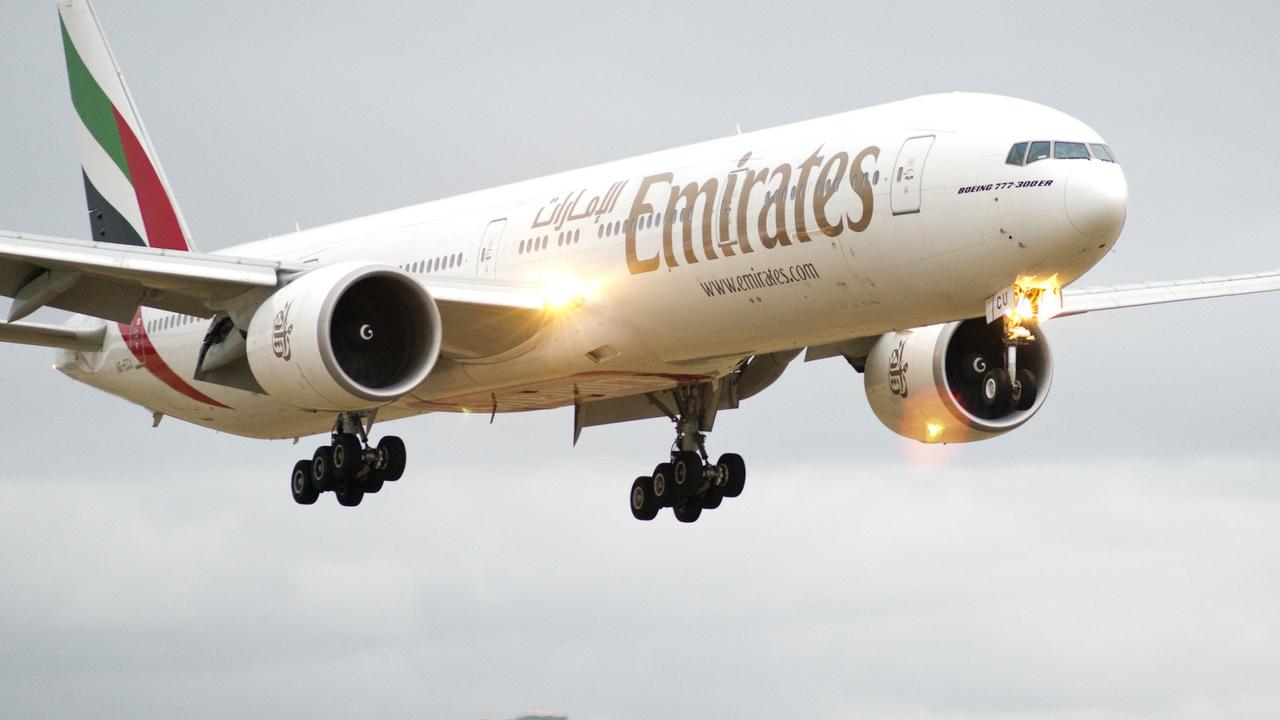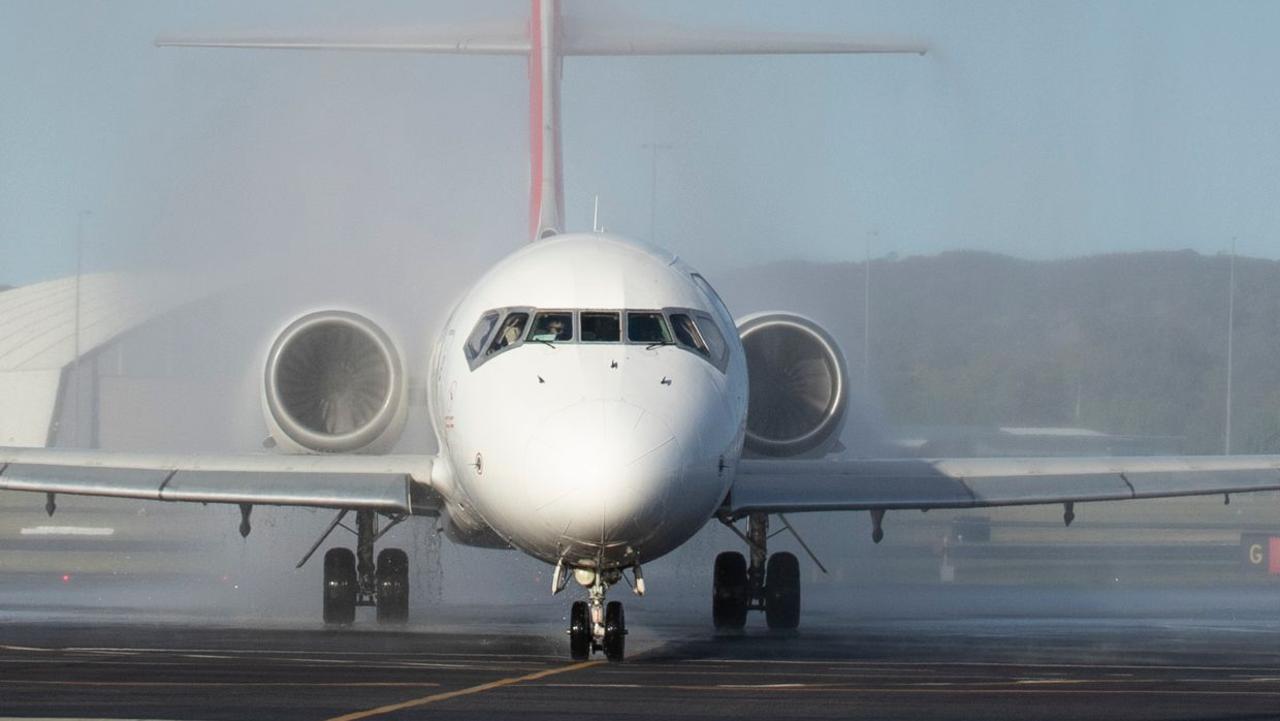Virgin boss reveals staggering Rex calls in seven days
Virgin CEO Jayne Hrdlicka has revealed the “huge number” of calls the airline received from passengers in just one week.
It has been one week since beleaguered airline Rex entered voluntary administration.
Regional Express, better known as Rex, grounded all its Boeing 737 jets and ceased flying between Australia’s major cities after it fell into insolvency on July 30.
Following the news, the stricken airline worked with Virgin Australia to assist thousands of impacted passengers.
In a LinkedIn post, Virgin CEO Jayne Hrdlicka revealed that in the last seven days, the airline has received more than 28,000 phone calls and 69,000 forms online from Rex passengers seeking to take up Virgin’s offer to be accommodated on a VA flight for free.
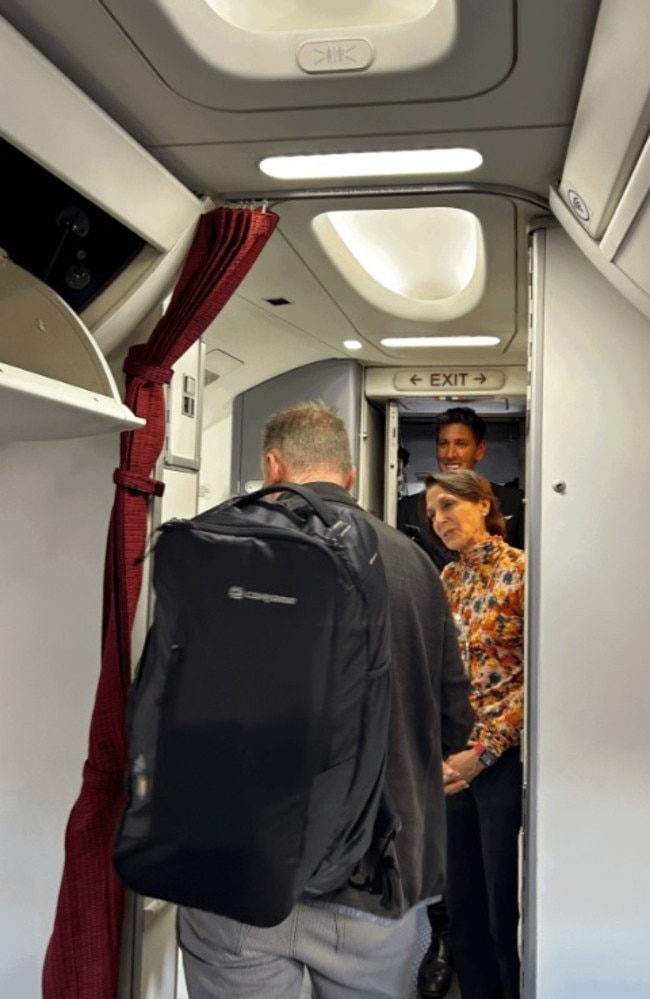
“Over 49,000 Rex customers have already been rebooked on Virgin Australia flights, and over 15,000 have already flown with us in the last week. These are huge numbers,” Ms Hrdlicka said.
“Our industry has been challenged in every way over last four years, and I know how much it means to our people in this moment to step up and help our colleagues at Rex and their customers.
“I am filled with pride and gratitude watching our people rise to the challenge, no matter how difficult.”
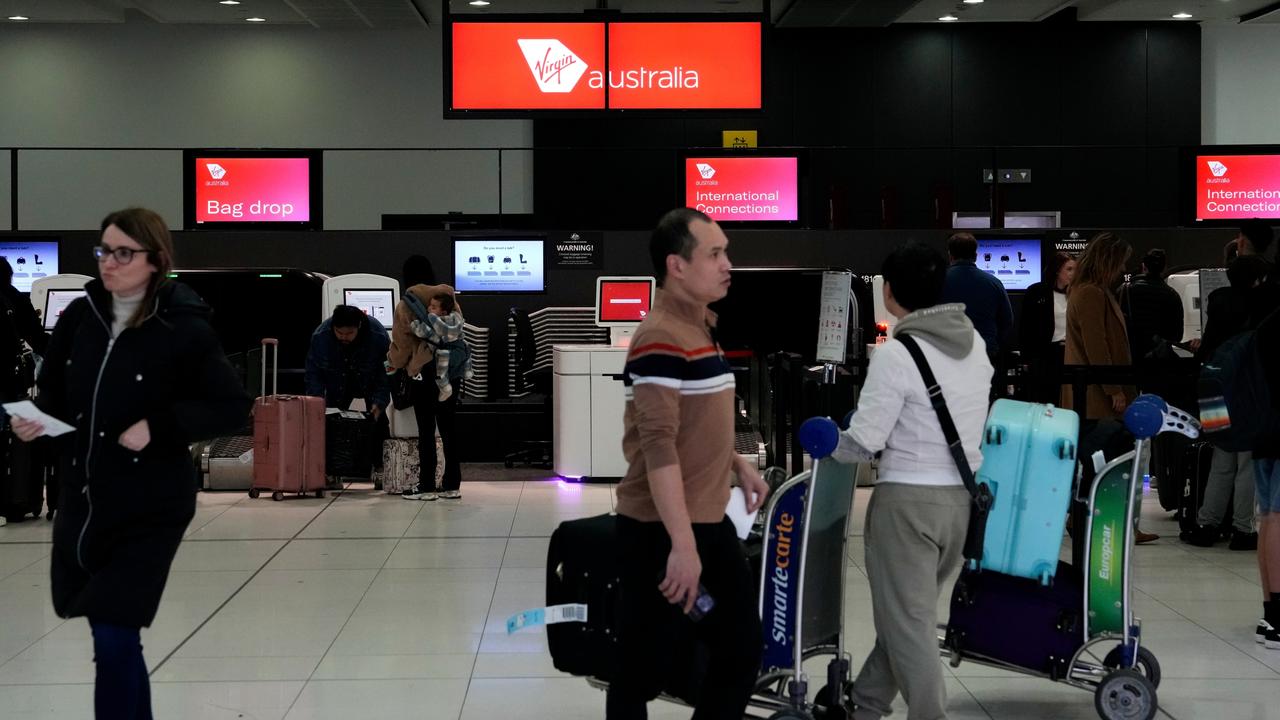
The government is still assessing whether to ‘bail out’ Rex and while it’s widely tipped to do so, it’s under the condition it prioritises “critical” regional flights, according to Sky News.
The airline is currently operating its regional flights using Saab 340 planes.
However, its administrators, Ernest and Young, say the airline can still thrive without government support.
“We’re doing a lot of modelling there to suggest that it’s a viable business into the future, it does need to be reshaped into that … but definitely we see a stronger, viable Rex into the future,” Sam Freeman, one of three EY administrators appointed to Rex, told AAP.
“But the government’s been pretty clear saying Rex is critical infrastructure for regional Australia and to the extent that support is needed, it’s likely to be there.”
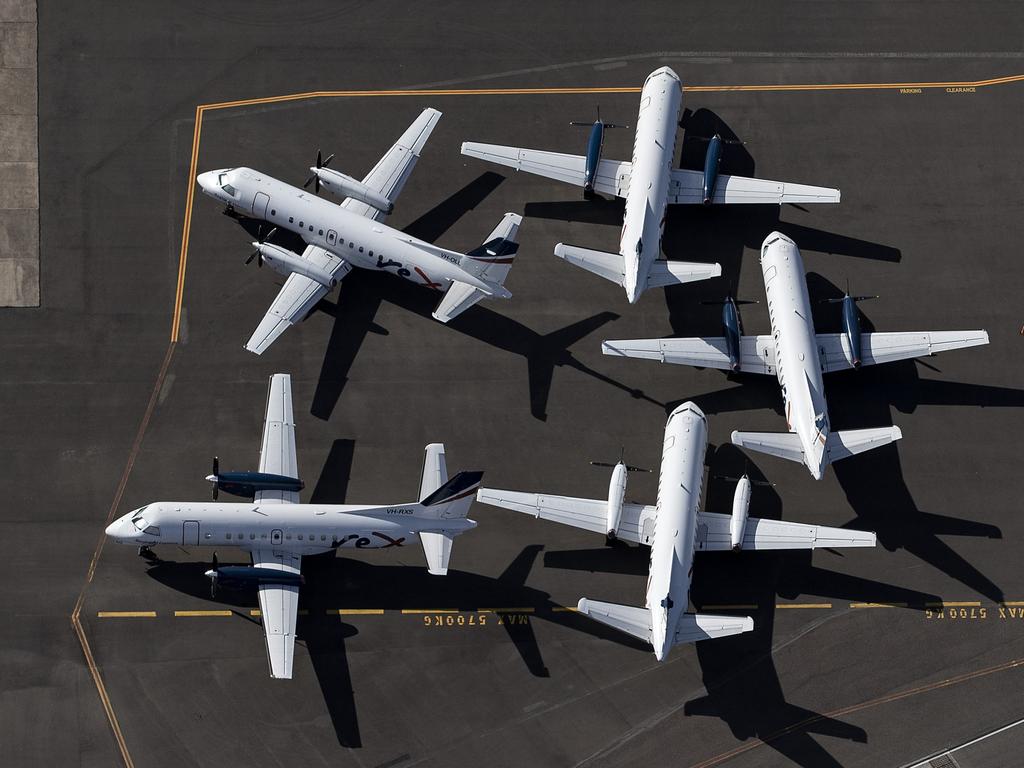
Dr Ian Douglas from UNSW Sydney School of Aviation said while Rex’s intercity flights are grounded, the remote routes are still flying which is important for the health care of many Australians.
“If Rex completely fails then one of the consequences is that it puts remote medical care at risk,” Dr Douglas told Medianet. He said cutting flights to Australia’s smaller regional centres isolates communities.
“There are many areas where Rex is the only airline operator. Without them, access is cut to health and education services, as well as tourism and industry.”
He said while Rex expanded their services beyond regional routes, the expanded network didn’t provide enough scale or frequency to be commercially viable.
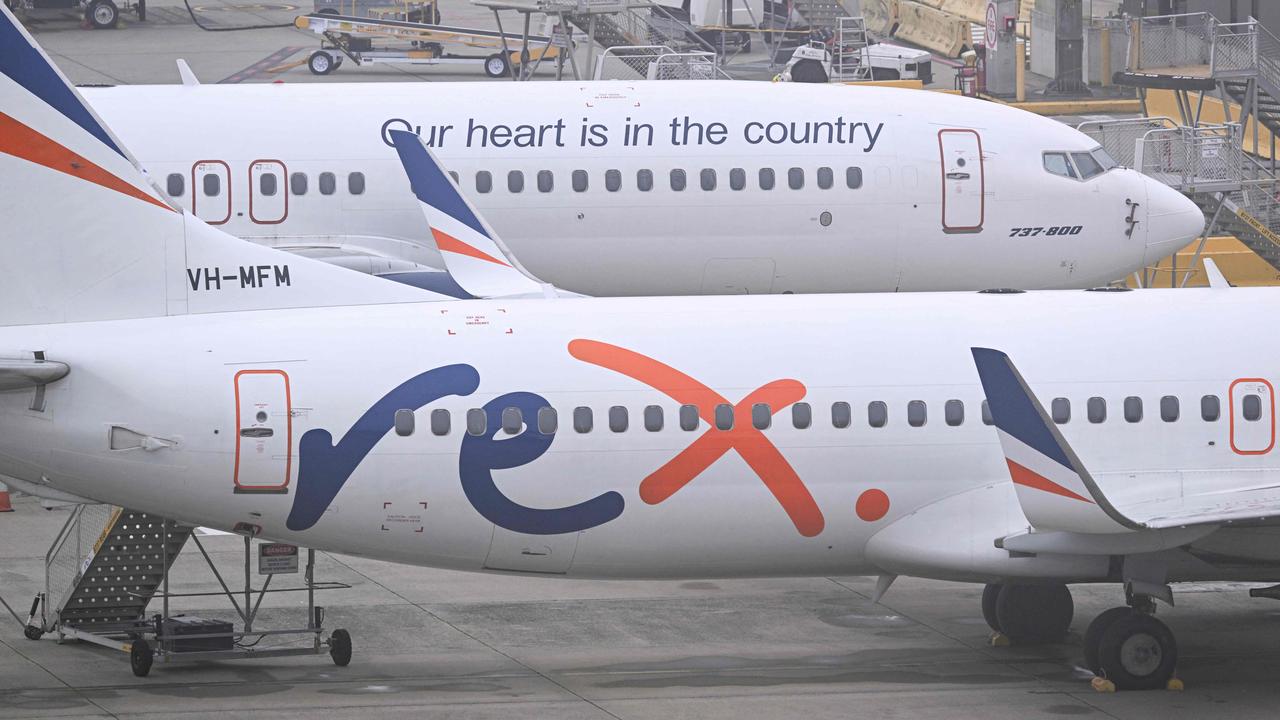
David Anderson, CEO at Big Red Group, said Rex’s downfall could significantly impact Australia’s regional tourism industry.
He told news.com.au regional tourism economies rely heavily on visitor spending, and the reduction in tourist numbers can deprive these regions of essential revenue and diminish opportunities for cultural exchange.
“If flights wind up completely, additional government support will be crucial for regional operators,” he said.
“Many regional governments are investing in tourism to boost local economies, but if domestic travellers are unable to access these regions due to reduced flight options or high airfares, these investments could go to waste.”
In the past week, nearly 20 per cent of Rex employees lost their jobs because of the cuts to these services between major cities.
Earlier on Tuesday, Rex was in court ahead of a vote by tens of thousands of creditors to decide whether to resurrect or liquidate the company, Nine News reported.
More Coverage
Barrister Daniel Krochmalik, representing EY administrators, told a Federal Court hearing Rex had 4450 creditors, including its principal secured creditor Hong Kong-based investment firm PAGAC Regulus Holding (PAG).
According to the publication, there were 1057 employees who were awaiting pay, as well as staff who had lost their jobs following the administration who were seeking their entitlements, the court was told.
Between 54,000 and 185,000 passengers whose flights were cancelled also needed refunds.




